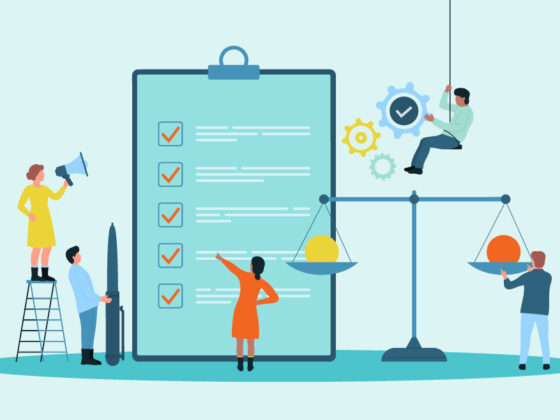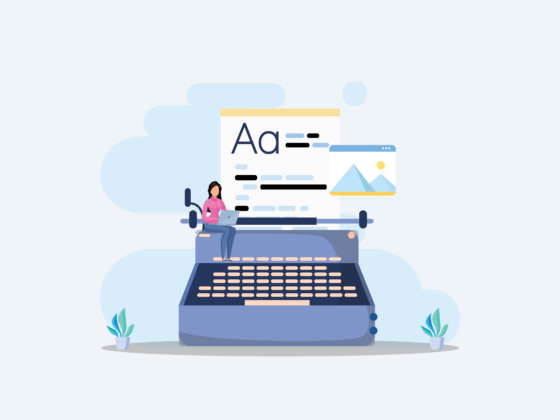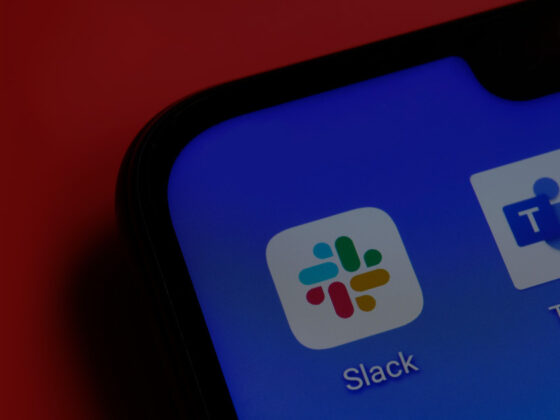Executives from phone giant Nokia got a nasty surprise when they sat down to negotiate an important licensing agreement with competitor Samsung.
Samsung representatives demanded that Nokia give them the same terms as Nokia had given Apple in an earlier agreement. The Apple agreement was supposed to be confidential, but Samsung executives allegedly bragged that they had all of the details of the secret deal.
According to court documents, they even bragged that they had gotten the information directly from Apple’s lawyers.
“All Information Leaks”
Apple’s lawyers did nothing wrong. According to a recent court order following the ongoing Apple v. Samsung lawsuit, attorneys had produced patent license agreements, including a June 2011 license between Apple and Nokia.
The attorneys had correctly marked the Apple-Nokia license as “Highly Confidential – Attorney Eyes’ Only,” as permitted by the court’s protective order. Apple also produced and marked as “Highly Confidential – Attorney Eyes’ Only” similar patent license agreements it has reached with Ericsson, Sharp, and Philips. That information was included in a report which was marked Confidential.
However, the court found that ‘The information was then sent, over several different occasions, to over fifty Samsung employees, including high-ranking licensing executives.’ Samsung used his knowledge of the terms of the Apple-Nokia license to gain an unfair advantage in their negotiations with Nokia.
Attorney client privilege should be sacrosanct, but event though Apple’s attorneys did a lot of things right, once the information was leaked it became impossible to reel it back in. One Samsung employee, Dr. Seungho Ahn, apparently even told his Nokia counterparts where he obtained the information, saying, “all information leaks.”
No Information Should Leak
We all know that human reviewers make mistakes. But no information should leak, especially if it is privileged. The court noted that there were steps that could have mitigated the release of this competitive information. “Because it addressed highly confidential, attorneys’ eyes only information, the report should have been fully redacted of that information before it was sent. However, intentionally or inadvertently, it was not.”
It is unbelievable to think that human beings who are paid to look at hundreds of documents an hour are going to catch every footnote or draft email that may contain privileged information.
That’s why Nextpoint comes with built-in Privilege Protect. It’s machine learning technology that identifies attorney client privilege and helps remove those documents from your collection. Right now, attorneys in the Apple-Samsung case are using search technology to track the leak.
Privilege Protect would be able to identify that critical information in any document type (emails, drafts, attachments, etc.) and isolate it in a document collection to be protected. Any documents in this protected set are NOT available to be added to a production, so no human error can compromise privilege.
Lawyers can’t assume that court orders and confidentiality codes will isolate and keep privileged material secure. Protecting privilege demands specialized workflows and advanced technology in order to control the production of confidential documents and attorney work product within a giant document set.
If they don’t Dr. Ahn may be proved right and no one will be willing to entrust their lawyers with important information. That’s why Privilege Protect combines advanced search technology and an easy-to-follow privilege workflow that lets any legal team, no matter how big your eDiscovery review challenge, protect privilege from inadvertent disclosure.






